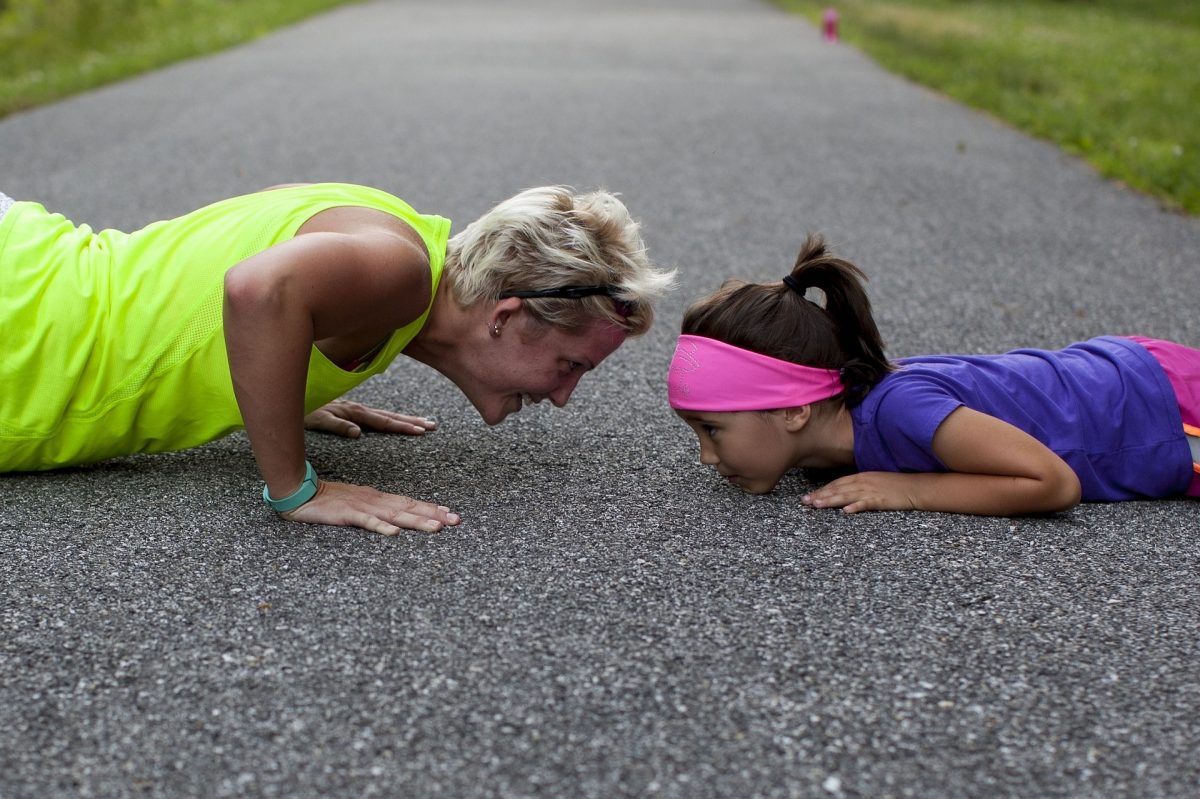In an earlier blog post I cited a classic Clint Eastwood (aka Inspector Harry Callahan) line from the movie Magnum Force: “A man has got to know his limitations.” I used it to emphasize a point on giving and givers. Well, I think it’s time to dust off another well-known Inspector Callahan line from the movie “Dirty Harry.” This one is in reference to a bad habit that many of us have: ignoring early signs or symptoms of an illness, otherwise known as choosing to bury your head in the sand.
Do You Feel Lucky?
Inspector Callahan is on a dock, at the end of the movie, staring down the barrel of his 44 Magnum that is pointed at the villain. As the villain makes a move toward a gun, just out of reach, Inspector Callahan says to the villain: ”…I know what you’re thinking, did he fire six shots or five…You’ve got to ask yourself one question: Do you feel lucky? Well, do you, punk?”
So what does this have to do with ignoring symptoms? Well, if you have a nagging health issue, you have two choices. One is to bury your head in the sand and hope that it goes away. The other is to go to a doctor and find out for sure. And if you choose the former, then there is one question that you have to ask yourself: Do you feel lucky?
The Dangers of Opting to Bury Your Head in the Sand
Your body has various ways of telling you when there is something wrong. You may have a pain; an ailment or discomfort; or a feeling of being “out of it” that stays with you for an extended period of time. It’s important to keep in mind that most nagging health issues don’t just go away. The longer you wait to diagnose and treat them, the higher the cost of the medical care and the longer it takes for the body to heal.
And if your health matter turns out to be serious (e.g., cancer, heart disease, etc.), you may actually be giving the disease a head start in a race that could have a finite time period to treat or cure.
There is also a negative impact that comes with the stress of worrying what’s wrong. Wouldn’t it be simpler just to face it head on?
Today’s the Day to Face Your Fears
I hope that this blog post sheds light on the importance of listening to your body and taking action when you have a health matter that won’t go away. This also holds true for family members. If you notice that a loved one seems to be out of sorts, encourage him or her to go get checked out.
So if ignoring symptoms is your thing, or if you tend to choose the bury your head in the sand approach to resolving health issues, then let me ask you this: Do you feel lucky? Well, do you? And is it really worth the gamble?




